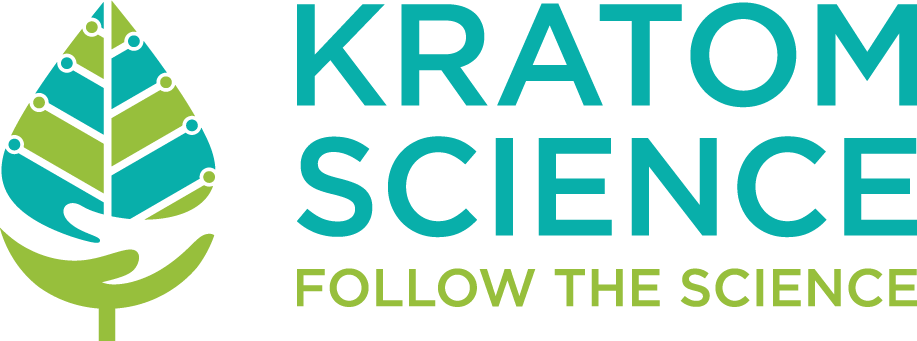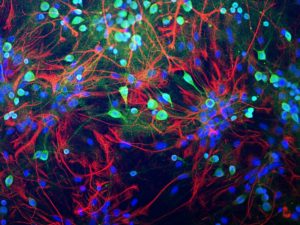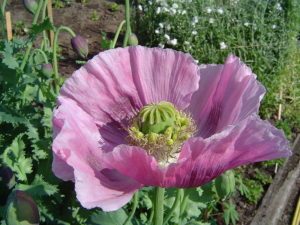Portugal’s drug policy and kratom
Even though Portugal is seen as a successful example of humanized treatment for drug addiction, it happens still within the legal framework of prohibition: since November 2000, the acquisition, possession and consumption of drugs is no longer considered a crime in the country. Consumption has been decriminalized, but not free of punishment.
The use of illicit psychoactive substances continues to be a punishable act by law; however, it is no longer a criminal offence (and is therefore treated as such in the courts) and is now a social misdemeanour, subject to legal and medical controls. The law 30/2000 provides that for potential consumers the penalty may be a fine (or a warning as an alternative to the fine or as a “principal penalty”) or a financial penalty, but for ‘drug addicts’, the penalty is not a financial one.
In both cases the sanction, determined by a commission, aims to prevent drug use (article 15); the commission is responsible for assessing the conditions of the drug user or addict, as well as the nature and circumstances in which it was used. Therefore, decriminalization of acquisition, possession and use for the user does not mean liberalization, nor does it mean legalization of drugs.
“The Portuguese experience has been used in the world to defend prohibitionism, because decriminalizing is one of the best solutions within prohibitionism. And prohibitionism, the “war on drugs”, is a structural problem. The consequences of prohibitionism have been interpreted as consequences of drug use.”
In Portugal, drugs are still illegal and traffickers and distributors continue to go to jail for crimes related to their business. The country has complied with the limits of the United Nations Convention on Narcotic Drugs, whose system suggests which policies to address at the national level. “The Portuguese experience has been used in the world to defend prohibitionism, because decriminalizing is one of the best solutions within prohibitionism. And prohibitionism, the “war on drugs”, is a structural problem. The consequences of prohibitionism have been interpreted as consequences of drug use”, according to Marta Pinto, from the R3 Group – Reducing Risks in Network, a network that has been operating since 2004 in the area of harm reduction in the consumption of substances called drugs, when talking about the Portuguese contentment with its 20-year policy, its results and future.
Kratom was included in the list of new psychoactive substances of the Portuguese Pharmaceutical Legislation, in the class “plants and their active constituents”, Ordinance 154/2013, which defines “the legal framework for the prevention and protection against advertising and the trade in new psychoactive substances, prohibits the production, import, export, advertising, distribution, sale, possession, or availability of new psychoactive substances”.
It is complemented by the Decree-Law 54/2013, which “provides the possibility for the territorially competent health authorities to order the closure of establishments or other sites open to the public or the suspension of the activity for purposes considered to pose a serious risk to public health”.
Stated in other words, kratom is nominally in the ordinance about the new psychoactive substances, which is mentioned by the Article 3 of the aforementioned decree-law: “shall be considered new psychoactive substances the ones defined in accordance with the previous article, listed in the list to be approved by ordinance of the Government responsible for the health department”. The penalties, on the other hand, shouldn’t go further than closing a business, unless it represents serious threatens to the health.

Portugal’s drug law is far less progressive than is often propagandized.




Hi,
I’m from Czech Republic (where kratom is legal) and I want to travel to Portugal by plane. Is it save to bring some kratom with me?
Hi Jakub. Kratom is a controlled substance in Portugal.